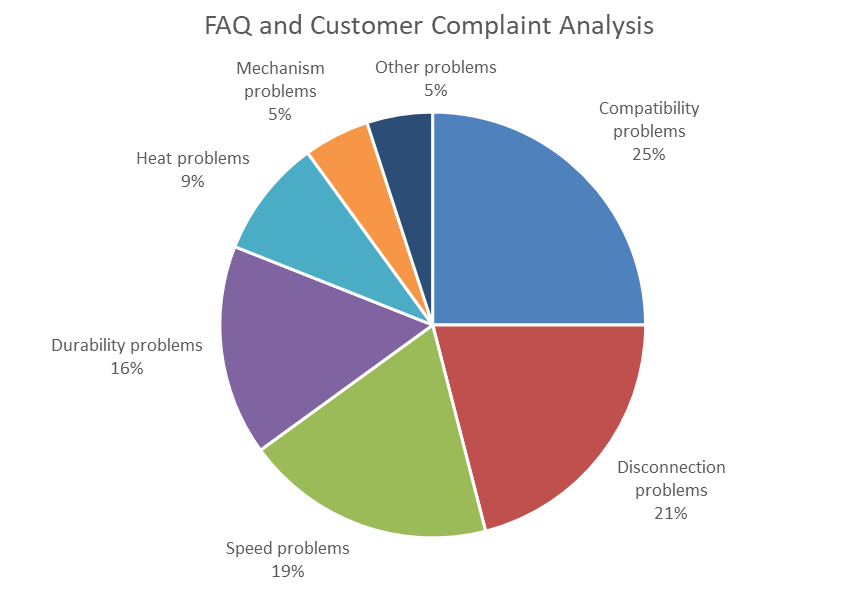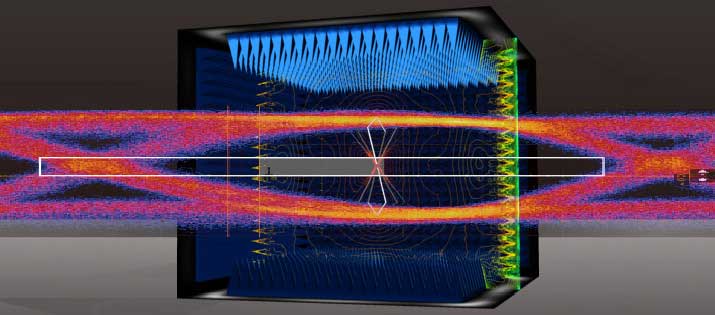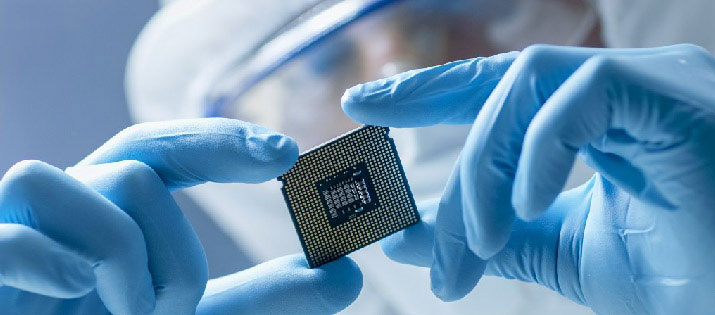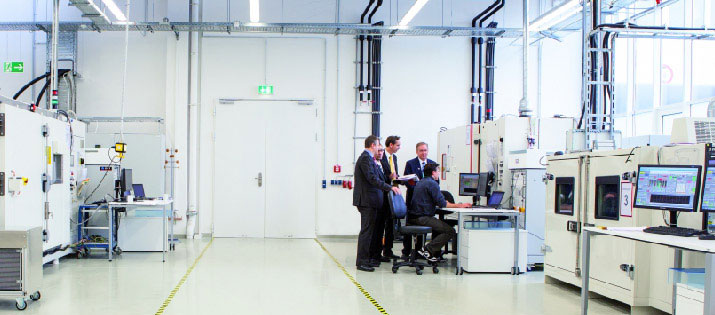Allion USA-SGS
Why Do We Need USB-C to Ethernet Adapters?
As consumers have greater demand for portable computers, laptops that are ever lighter and thinner for consumers to carry have been appearing on the market in large quantities. Since laptops are becoming lighter and thinner, some connection ports like RJ45 that exceed the thicknesses of a laptop are among the first targets to be discarded. However, without RJ45, when consumers turn to use WIFI as their interface for network connection, they are often limited or interfered by the strength degree of AP signal, resulting in network speeds that are not fast and stable enough. As a result, there is a need for usage situations where stable and fast wired networks are available. Thanks to thin and lightweight USB-C that has the feature for connecting multiple interfaces, the best solution is to convert to RJ45 Wired Network via USB-C.
There are many kinds of USB-C to Ethernet Adapters on the market, which are usually sold according to different speed requirements. Currently, the most mainstream specifications contain the speed mainly based on 1Gbps (1000Mbps), but consumers can make optional purchases according to their own systems or different intranet support capabilities, as shown in the table below.
| Internet transmission speed | USB specification |
| 100Mbps | USB 2.0 |
| 1Gbps (1000Mbps) | USB 3.2 Gen1 x 1 (USB3.0) |
| 2.5Gbps | USB 3.2 Gen1 x 1 (USB3.0) |
| 5Gbps | USB 3.2 Gen1 x 1 (USB3.0) |
| 10Gbps | Thunderbolt 3 (the ones available on the market only support Thunderbolt 3) |
Customer FAQ
In practice, different problems often occur because of non-native web interfaces after they have been transferred in connection, which may affect consumer experience. The author has collected Amazon consumers’ feedbacks here, which are divided into the following categories:

“Compatibility” (25%) accounts for the biggest proportion of consumer problems, because manufacturers of this type of products tend to miss comprehensive compatibility tests before product selling. As a result, consumers usually end up failing to use the things they’ve bought. This not only affects consumer’s confidence but also increases the costs of product return. What’s even worse, consumers are likely to give 1-star negative ratings on sales platforms mercilessly, which may affect subsequent sales further. Therefore, doing a good job of fundamental compatibility verification is the most important part of every product process before product shipping. Allion Labs has many years of experience in compatibility issues, able to design relevant verification tests for our customers before customers carry out mass production, no matter in terms of different chips, operating systems, or different platforms (e.g. notebook/desktop computers, mobile phones, tablets, game consoles, etc.). All of these can significantly reduce product compatibility problems encountered by customers.
Next, we will talk about the two issues that consumers are most concerned about when they purchase these kinds of products, namely the problems related to “disconnection” (21%) and “speed” (19%). The two problems account for 40% of common FAQ. Consumers may choose to use wired networks, probably because they cannot accept intermittent connection situations when using wireless networks or cannot accept that the speed of wireless network is not as stable or fast as that of wired network. Consumers tend to give negative comments if network stability and speed cannot be guaranteed. Therefore, you can use throughput-related verifications designed by Allion Labs before production, to find out these problems in advance. We also help customers ensure that the speed and stability of their products are sufficient at an early stage.
In addition, Allion USA-SGS can also incorporate auxiliary designs beforehand and provide consulting services during the product design stage, in terms of durability, product mechanism, heat generation and other less frequent problems, so that customers can avoid using poor-quality cables or connectors, because such poor cables or connectors may cause loose contact after being plugged and unplugged via USB-C connectors or RJ45 connectors, or because connectors that are too large cannot be used on most devices. Through the test items designed by Allion USA-SGS, we can help customers find out any fallacy in product designs at an early stage, to avoid product usage failure due to poor designs, thereby enhancing user experience.
Laboratory and Test Equipment
In order to ensure that our customers’ products can catch up with the smooth operations performed by most of the hardware and software brands on the market, Allion provides more than 1,000 sets of test equipment to comprehensively support our compatibility verification tests. We conduct our compatibility tests through usage scenarios, and interconnect with a wide range of devices using commercially available models, to ensure the best usage experience for your products and help manufacturers identify any issues, for minimizing user frustration and customer complaints. For USB-C to Ethernet Adapters, Allion USA-SGS organizes the following test plans:
- Compatibility Test: Laptop/desktop/mobile phone/tablet/gaming console, Router/AP
- Functionality Test
- Wireless De-sense Test: https://www.allionusa-sgs.com.tw/article-wireless-desense/
- User Experience Test
- Competitive Analysis and Consulting
- Cable Connector Test
In addition to the test plans mentioned above, Allion USA-SGS can make customized test plans depending on our customers’ different products, and we can participate in the development and design of products at an early stage, to help customers produce high-quality products with good reputation. In addition, Allion USA-SGS has more than 1800 laptops, 800 Router/APs, and 500 mobile phones. We believe that we have confidence in doing the best quality control for your products with the most comprehensive equipment and brand coverage rate!


























